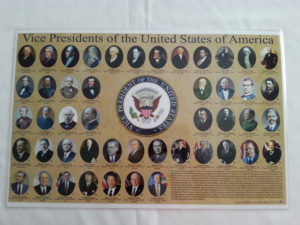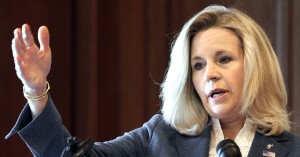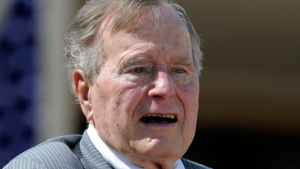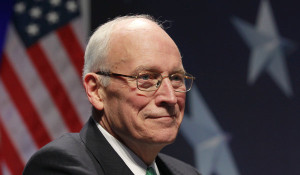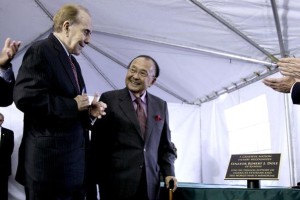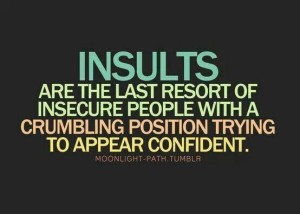It’s been said of vice presidents of the United States that their main responsibility is to keep a bag packed in case they have to attend some foreign dignitary’s funeral.
Sure, they’re next in line to the presidency, but until the past quarter-century or so they’ve been treated with far less respect than they deserve.
As the crusty Texan, the late Vice President John Nance “Cactus Jack” Garner once observed of the office — and this is the sanitized version of what he said — “It ain’t worth a bucket of warm spit.”
CNN commentator Jeff Greenfield has written an excellent essay that suggests that the vice presidency well might be relegated to its former inglorious status when the next president takes office in January 2017,
Here’s his essay: http://www.politico.com/magazine/story/2016/05/2016-election-vice-presidency-donald-trump-hillary-clinton-213886
His premise is a simple one?
The Republican Party’s presumed nominee, Donald J. Trump, possesses an ego so y-u-u-u-g-e that he isn’t likely to take seriously a single word of advice given to him by whomever he selects as vice president. And the Democrats’ probable nominee? Hillary Rodham Clinton would share the White House with a man — her husband, former President Bill Clinton — who would serve as her “Economy Czar” and who would provide all the political and strategic advice she’ll need.
What does that mean for the vice president?
Well, I doubt we’ll see anything like the way, for example, President Lyndon Baines Johnson treated Vice President Hubert Humphrey when he reportedly summoned HHH to his office and lectured him about something while sitting on a commode.
Someone once asked President Dwight Eisenhower about the duties he’d assigned Vice President Richard Nixon. Ike responded, “If you give me a week, I’ll think of something.”
The vice presidency, as Greenfield notes, has become a very important office.
The past three VPs have assumed vital roles in their respective administrations, according to Greenfield. Al Gore became a valuable advisor to President Clinton; Dick Cheney, many have argued, grabbed too much power while serving as No. 2 to President Bush; and Joe Biden has become President Obama’s senior advisor/father confessor.
As Greenfield writes: “None of this means the there’ll be a shortage of veep wannabees. A number of Republicans, especially those without (or soon to be without) an official public role, have already signaled their availability: Rick Perry, Chris Christie, Newt Gingrich, Sarah Palin. And it’s not hard to imagine that any number of Democrats would readily sign up, however challenging the job might be with Bill Clinton shuttling between East and West Wings.”
Well, at least the next VP will get to live in a nice house.
